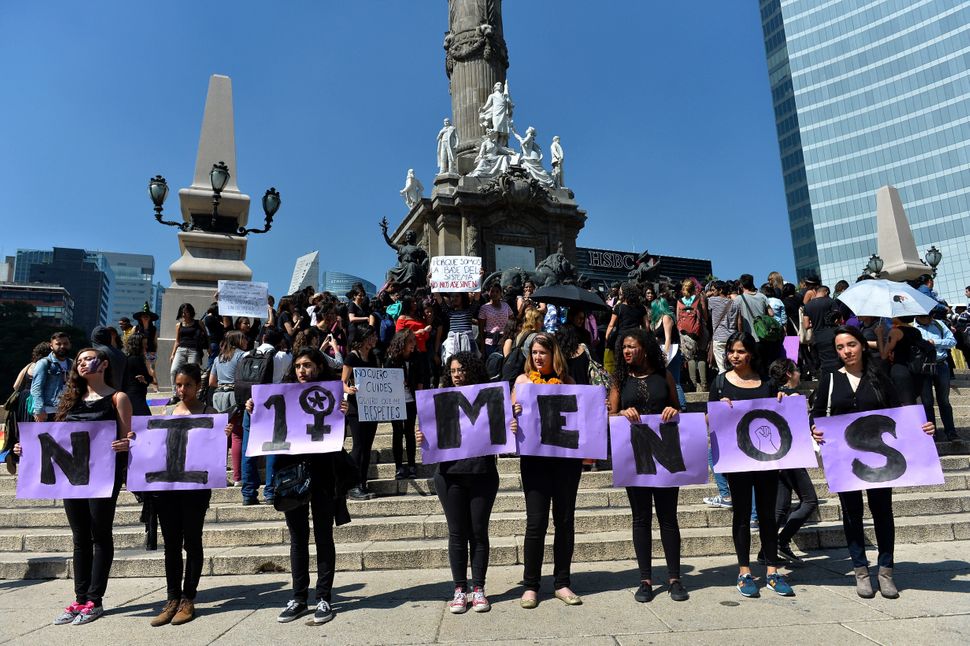A Salvadoran man accused of murdering his girlfriend faces a possible 50 years in prison if convicted in a closely watched trial that started this week highlighting the widespread violence women face in the Central American nation.
The killing of journalist Karla Turcios, whose beaten body was found dumped on a roadside in 2018, made national headlines and prompted the government to declare a national emergency against femicide – the killing of a woman by a man because of her gender.
Her boyfriend Mario Huezo was accused of the crime. The two lived together and had a child together.
Turcios, 33, became a household name and a symbol of the violence women face in El Salvador that often goes unpunished.
Huezo has denied the charges.

“We consider that we can prove that Mr. Mario Huezo is innocent,” his lawyer Giovanni Rivera told reporters at the trial on Tuesday.
“Mr. Huezo has never been violent with his partner or with anyone other person,” he said.
The evidence against his client was “incoherent,” he said.
El Salvador, a country of 6 million people, has one of the world’s highest rates of femicide, according to the United Nations.
A woman in El Salvador was murdered on average every three days in 2019, according to police figures.
Typically, victims of femicide have faced years of domestic violence, the killers are often current or former partners and many of the slayings take place in or near home.
El Salvador and more than a dozen countries in Latin America have passed laws in recent years to define and punish femicide as a specific crime with a longer sentence than murder.
Lead prosecutor Graciela Sagastume, who heads a legal unit set up in 2018 to combat gender violence and raise the femicide conviction rate, said she will seek the maximum prison sentence of 50 years in this case.
About 30 witnesses are expected to testify in the trial in San Salvador this week.
“We as the prosecutors have a case that’s totally underpinned by evidence,” Sagastume told the Thomson Reuters Foundation. “There is no doubt that it was Mr. Mario Alberto Huezo who took away the life of the journalist Karla Turcios.”
The case will feature technological evidence that has not been used before in femicides cases, she said.
As part of efforts to raise convictions for femicide, prosecutors have been looking on social media and victims’ cell phones for prior threats and also using footage from street security cameras, she said.
El Salvador’s 2012 femicide law, which carries a prison sentence of 20 to 50 years, requires prosecutors to prove the motive for a woman’s death was hatred or contempt based on gender.
About 80% of all reported femicides go unpunished in El Salvador, according to the U.N.
The trial is expected to last all week.

